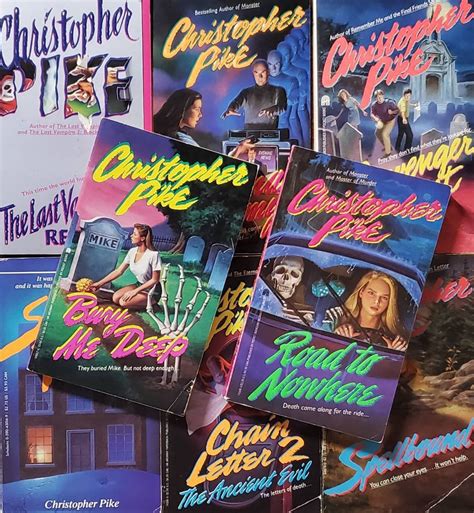A Quote by Matthew Healy
There's a point when you're dating someone where you become aware of all the things you kind of thought you couldn't depart from. You kind of build all of these nostalgias and sort of antiquated memories in your mind, and when you're at the point during the breakup, you realise, "you know what, it actually takes a bit more than all this bullshit".
Related Quotes
I think it's important to control your opportunities, because in the entertainment world, it's not up to you. I'm not sitting here under this naïve belief that someone in Hollywood is going, "Gaffigan! What kind of a show can I build around him?" So you have to find things that can showcase your point of view.
In a true partnership, the kind worth striving for, the kind worth insisting on, and even, frankly, worth divorcing over, both people try to give as much or even a little more than they get. 'Deserves' is not the point. And 'owes' is certainly not the point. The point is to make the other person as happy as we can, because their happiness adds to ours. The point is -- in the right hands, everything that you give, you get.
I am kind of a private person, so I don't miss that part of show business at all. Looking back on my career in television and making a movie like 'The Sound of Music' from an adult point of view, it actually seems kind of unreal. I was involved in shows that people grew up with - that hold memories for them - and it's a cool feeling.
We actually needed the memory - if you see the film - as a very different kind of a plot device of revealing some information to our main character. So we chose to represent it as these sort of beautiful little snow globes, which kind of, weirdly, that's the way we think of memories - at least, most of the folks that we talked to. You think of these memories as being very pure and absolute and unchanging. That's not actually real life.
Gorecki, you know, there's a kind of personal thing there for me. I had, you know, kind of become obsessed with that sort of Soviet Bloc period. And actually, a lot of composers in the Soviet Bloc - Gorecki's not the only one - are writing for the harpsichord as a sort of reaction against enforced Soviet realism, expressionism, sort of enforced modernism.
Sometimes you look at me and it's like all the bullshit gets stripped off and I'm left with what's underneath and I kind of like what I see. Someone who actually fails. Someone who has absolutely no self-control. Someone who says real dickhead things like 'this is complicated.' I like that part of me, you know. I like the fact that I know I can't control you or how I feel about you and that doesn't freak me out.




































